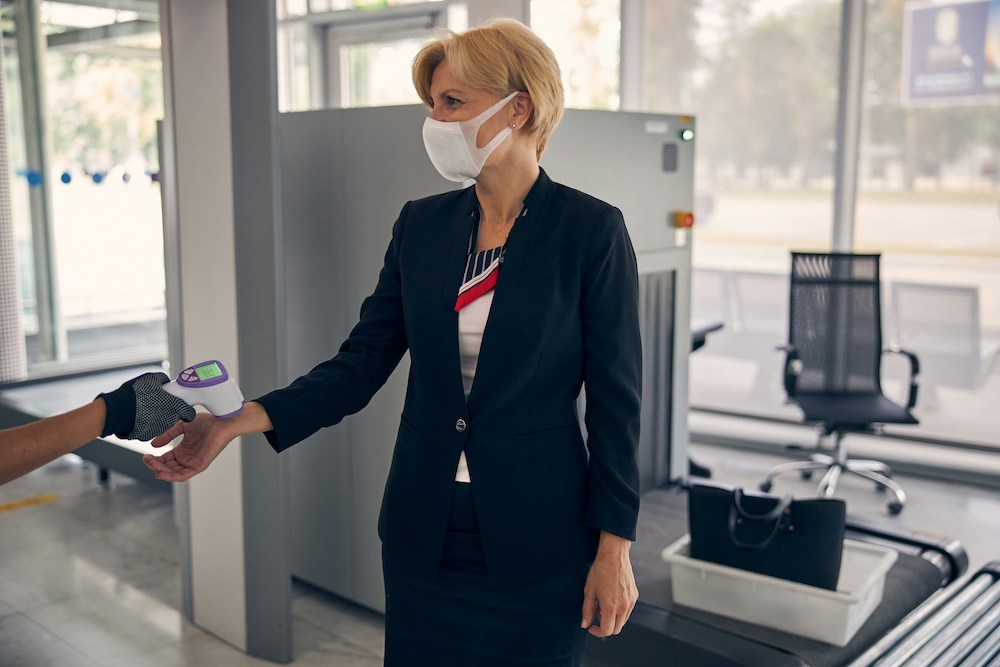4 out 5 travelers embrace biometrics use at airport security
Recent insights from the U.S. Travel Association (USTA) and Ipsos reveal a strong preference among travelers for biometric technology at airport security checkpoints, a development that could significantly influence how events are planned and executed in the coming years.
In the wake of record-breaking air travel over Labor Day weekend, survey results indicate that a staggering 79% of air travelers support the implementation of biometric screening by the Transportation Security Administration (TSA). This support crosses party lines, with 80% of Democrats and 76% of Republicans in favor. The overarching sentiment is clear: travelers prioritize both security and efficiency, believing that biometric technology can enhance their experience while ensuring their safety.
Geoff Freeman, President and CEO of the U.S. Travel Association, emphasizes the importance of adopting next-generation technology in air travel. “Travelers embrace next-generation technology at the same time a small cadre of members of Congress seek to take air travel back to the Dark Ages,” he states. This sentiment highlights the urgent need for stakeholders in the travel and events sector to advocate for advancements that align with public preference.
The Case for Biometric Screening
The survey findings reveal that nearly all Americans (92%) and 95% of air travelers see identity verification as a vital measure for protecting the flying public. Notably, 90% of air travelers indicated they would be more likely to support biometric screening if it shortened their wait times at security checkpoints.
Support for biometric technology is driven by key factors, including the desire to combat terrorism and human trafficking (71%) and enhance airport safety (66%). Furthermore, the data shows that over half of Americans are more inclined to support biometric screening when reassured that personal data will be deleted shortly after their trip and safeguarded from misuse by other government agencies.
Implications for Event Planners
For meeting and event planners, these findings underscore a pivotal shift in traveler expectations. As the industry prepares for a decade of major global sporting events and a surge in international visitors, embracing biometric technology could streamline attendee experiences significantly.
Imagine the potential: smoother airport transitions mean less time spent in queues and more time for networking and engagement. As planners, it’s essential to factor in these technological advancements when designing event logistics and attendee journeys.
The Road Ahead
The U.S. Travel Association’s Commission on Seamless and Secure Travel is actively studying the implementation of biometric systems in airports, with recommendations expected this fall. For event professionals, this is a call to action. Advocating for the adoption of biometric technology not only aligns with traveler preferences but also enhances the overall experience of attendees.
As the industry moves forward, it is crucial for planners to stay informed and engaged with developments in biometric technology. By embracing these innovations, event planners can not only meet but exceed the expectations of today’s travelers, ultimately positioning their events for success in an increasingly competitive landscape.
The integration of biometric technology in air travel represents a significant opportunity for meeting and event planners. As traveler preferences evolve, so too must our strategies for delivering seamless and secure experiences. The future of travel is here, and it’s time for the events industry to embrace it.
Any thoughts, opinions, or news? Please share them with me at vince@meetingsevents.com.
Photo by Unsplash+ In collaboration with Getty Images





